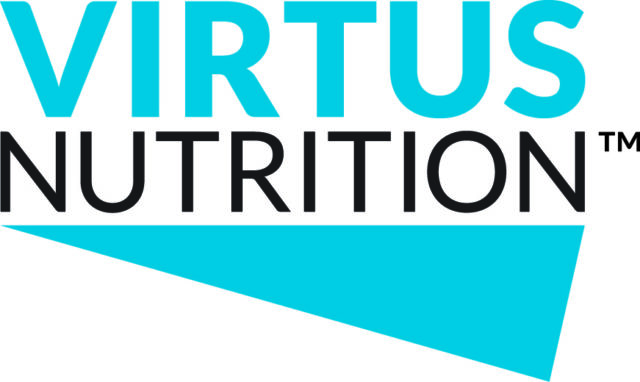Last month Brandon Covey interviewed Randy Carpenter with the Holstein Association to get his view on the future of registered cattle. In this issue, we talk with Jason Goff, a producer with Goff Dairy in Hobbs, New Mexico, to get another perspective.
The Goff family has been dairying in the Hobbs area for about 35 years and started as a small dairy, processing and selling their milk in town. They have been at their current location north of town for about 10 years. Here, they milk 5,000 Holsteins (about 2,300 Jerseys are milked on their other dairy) and keep their show animals and high-scoring cows of both breeds in a special barn. Over the years, they have gone back and forth with bST. Currently, they do not use it. Jason says they will not go back, as it is too hard of an adjustment for them and the cows. One adjustment the dairy has recently made is going to 3X milking with all of their cows to increase production without bST.
Calves are housed in individual hutches until weaning, where they are moved to group hutches. The dairy mixes their own custom feed that includes alfalfa for the calves. Jason says he enjoys genetics and seeing quality cattle.
They are active in the show circuit and have had success with their Jerseys in Louisville, Kentucky, and Madison, Wisconsin. Jason views registering cattle as both a hobby and as part of the business. He says it’s his passion.
COVEY: What percentage of your herd is registered?
GOFF: About 25 percent of the Holsteins are registered, and nearly 100 percent of the Jerseys are registered. It’s fun – especially when you get into the aspects of showing and marketing your cattle. We definitely see the benefit of registering, and I hope the number goes up in the next 10 years.
COVEY: How has this number changed in the last 10 years?
GOFF: It’s gone in spurts. As a whole, it’s gone up. There are times when we’ll register calves at 50 percent and 75 percent (purebred). Right now, we’re registering cattle when they reach 87 percent. If it’s the right kind of cow, we’ll still register her at 50 percent.
COVEY: Do you do any crossbreeding?
GOFF: Not on purpose. We market Jersey breeding bulls, and we use the extras for clean-up bulls for heifers. So, we’ll get a few crosses – maybe 50 scattered throughout the herd.
COVEY: Do you have a feel for how registration numbers have changed over the years?
GOFF: Well, talking to the breed representatives, it sounds like they’ve gone up. And the classifiers always say they’re way behind. But I don’t see too many others around here registering, but apparently there are.
COVEY: What are the benefits of registering your cattle?
GOFF: Well, we probably wouldn’t do what we’re doing if it wasn’t for our representative. He comes in and does a lot of that for us. If it wasn’t for people like him doing that, I don’t think the large herds would take the time to register. Also, a good cow could kind of get lost here, and classification is like a report card to help us identify them. We got a letter a few months ago telling us we had the number one TPI cow in the state of New Mexico. Looking at her, she’s a nice cow, but she’s not fantastic. Without that piece of paper, you might skip over her, but it’s nice to know that she’s being recognized and that other people, like bull studs, can access that information. Everybody’s always trying to improve their herd, and registration is like proof of where you’ve been and where you’re going.
COVEY: Do you feel there are any downsides to registering cattle?
GOFF: Besides the money? (laughs). Classification can be a mess, since they usually only do it once a year on large herds. We’ve had better luck going twice a year, and we’re still tweaking that part of it. Of course, the cost depends on the age you register the animal; calves are cheapest.
COVEY: Would there be any benefit in registering your entire herd?
GOFF: I don’t know. We kind of have a core group of animals that we like to work with. We use some sexed semen, and that number will grow. But I don’t think we have the need to register the entire herd.
COVEY: How do you think crossbreeding trends will affect registrations?
GOFF: We know some people that swear by [crossbreeding]. But they’re still a small percentage. I don’t think it will have that much affect on purebred cattle. With good bull selection and mating, we can get the same benefits as crossbreeding.
COVEY: What do you see for the future of the registered dairy cow?
GOFF: There’s a lot of opportunity there. I think it makes a herd more valuable. A lot of the smaller dairies make a lot of their money through marketing registered cattle. It could also get to that point with the large herds.
Someday, I’d love to see one of our bulls go to a stud barn. PD




